Managing Your Digital Afterlife
You may not think of yourself as having much of a digital footprint. You may not own digital assets like cryptocurrency or intellectual property. Perhaps no one would ever accuse you of being “chronically online.” However, that does not mean that you do not have to consider your digital presence when preparing your estate planning documents.
Many of us have smartphones which require a code to access. We also have personal electronic devices like laptops as well as logins to social media and online banking. Have you ever wondered who might manage these devices and accounts after you die? Failing to consider this aspect of your life may leave major gaps in your estate planning efforts.
It is a smart idea to nominate a specific person (like an executor or an agent in a Power of Attorney) to manage digital affairs so that someone you can trust is in charge if necessary. You can also use your estate planning documents to provide specific instructions for how your devices and accounts should be managed. This provides guidance to your trusted agent about things like automatic online bill paying that needs to be cancelled and social media accounts that need to be deactivated.
For example, if you have a smartphone, think about who might be able to unlock your phone in the event of an emergency. It can be difficult and cumbersome to get past the lock screen on someone else’s phone if you do not know the code, even with a court order. That being said, it is not necessarily a good idea to share passwords and passcodes freely.
Luckily, you can plan for your digital afterlife and keep your passwords secure at the same time. One option is to use a password manager app, which encrypts your logins and passwords. Some people prefer to have a physical notebook with passwords. If you go this route, be sure to update your password list frequently, and safeguard it carefully from falling into the wrong hands.
Companies like Apple, Google, and Facebook are also allowing users to designate a “legacy contact” who is authorized to manage your accounts after you die. This can help ensure that the person you have listed can access your devices, emails, and other accounts without having to go through the process of getting a court order.
A necessary part of creating an estate plan is preparing a list of your assets and liabilities to assist your executor. When approaching this task, consider also spending time reviewing your digital and online presence. By providing instructions and secure access to logins, you will help your loved ones manage your digital affairs after you are gone.

